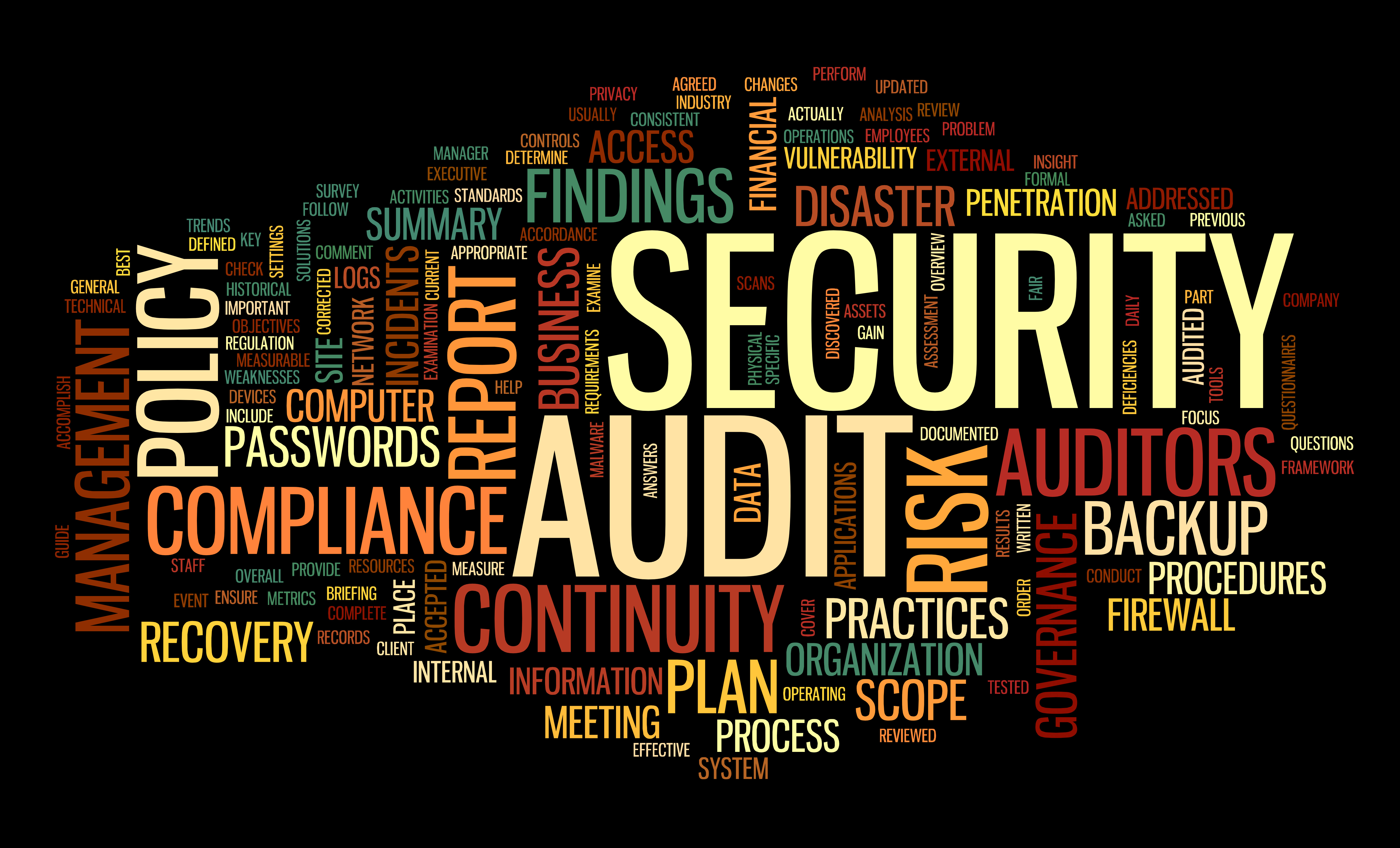
The Importance of Regular Security Audits for Protecting Your Organization from Cyber Threats
In today's evolving digital landscape, the significance of regular security audits cannot be overstated. As cyber threats continue to grow in both frequency and sophistication, businesses must remain vigilant to protect their sensitive data and maintain compliance with industry standards.
The Rising Importance of Security Audits
With cyber threats on the rise, businesses are increasingly prioritizing cybersecurity measures. The demand for cybersecurity insurance is a key driver behind this trend, as insurers now require detailed assessments to determine coverage levels and premiums. Additionally, the sheer volume of malicious attacks has highlighted the necessity for robust security protocols.
Our recent Prescriptive webinar highlighting Microsoft 365 default configuration settings—and how to improve upon them—revealed a critical insight: default settings often leave organizations vulnerable to attacks. This underscores the importance of conducting regular security audits to identify and rectify potential security gaps.
Reasons Behind the Demand for Security Audits
Several factors contribute to the growing demand for security audits. Let's delve into a few key reasons:
Cybersecurity Insurance Requirements
Cybersecurity insurance is becoming a must-have for businesses of all sizes. To secure favorable premiums and ensure that claims are honored, organizations must demonstrate a strong security posture. Security audits play a vital role in this process by verifying that all necessary measures are in place and functioning effectively.
Increasing Incidents of Cyber Attacks
The frequency and complexity of cyber attacks are escalating, impacting businesses across various industries. Security audits help organizations stay ahead of these threats by identifying vulnerabilities and recommending appropriate countermeasures. This proactive approach significantly reduces the risk of a successful attack.
Data Classification Needs
Proper data classification is essential for protecting sensitive information. Security audits help organizations understand the types of data they possess, where it is stored, and how it should be protected. By ensuring that data is classified correctly, businesses can implement more effective security measures tailored to their specific needs.
The Outcomes of a Security Audit
Conducting a security audit yields several valuable outcomes, all of which contribute to a stronger security posture:
Process Improvement Recommendations
Audits often reveal areas where processes can be optimized. Whether it's enhancing access controls, refining incident response plans, or improving employee training programs, these recommendations help build a more resilient organization.
Implementation of New Solutions
In some cases, audits may identify the need for new security solutions. From advanced threat detection systems to improved encryption technologies, these tools address specific vulnerabilities and bolster overall security.
Compliance Assurance
Meeting regulatory and industry standards is critical for any business. Security audits ensure that organizations comply with relevant regulations such as GDPR, HIPAA, and others. This not only helps avoid penalties but also fosters trust with clients and partners.
Risk Reduction
The primary goal of a security audit is to reduce risk. By identifying and mitigating vulnerabilities, organizations can significantly lower their chances of experiencing a cyber attack. This leads to a more secure and stable operating environment.
Prescriptive’s Comprehensive Cybersecurity Approach
At Prescriptive, we understand the complexities of cybersecurity and the importance of thorough security audits. Our comprehensive approach includes a range of tools, policies, and procedures designed to safeguard your organization.
1. Periodic Cybersecurity Audits
Our audit process is meticulous and thorough. Utilizing state-of-the-art tools and proven methodologies, we assess your security landscape to provide clear, actionable insights. We focus on identifying vulnerabilities and offering practical solutions to address them.
2. Penetration Testing
Penetration testing is a critical post-audit activity. By simulating real-world attack scenarios, we can identify weaknesses in your defenses and provide targeted recommendations to further fortify them.
3. Vulnerability Management
Ongoing vulnerability management is essential for maintaining a strong security posture. We work with you to continuously monitor and improve your security measures, ensuring that you stay ahead of emerging threats.
Conclusion
Regular security audits are a vital component of any robust cybersecurity strategy. They help ensure compliance, reduce risks, and improve overall security. If you're looking to strengthen your organization's defenses, consider partnering with Prescriptive. Our expertise and comprehensive approach will help you navigate the complexities of cybersecurity and protect your business from evolving threats.
Stay secure, and reach out to us for all your security audit needs. We're here to help you safeguard your organization effectively.


.png)
.png)